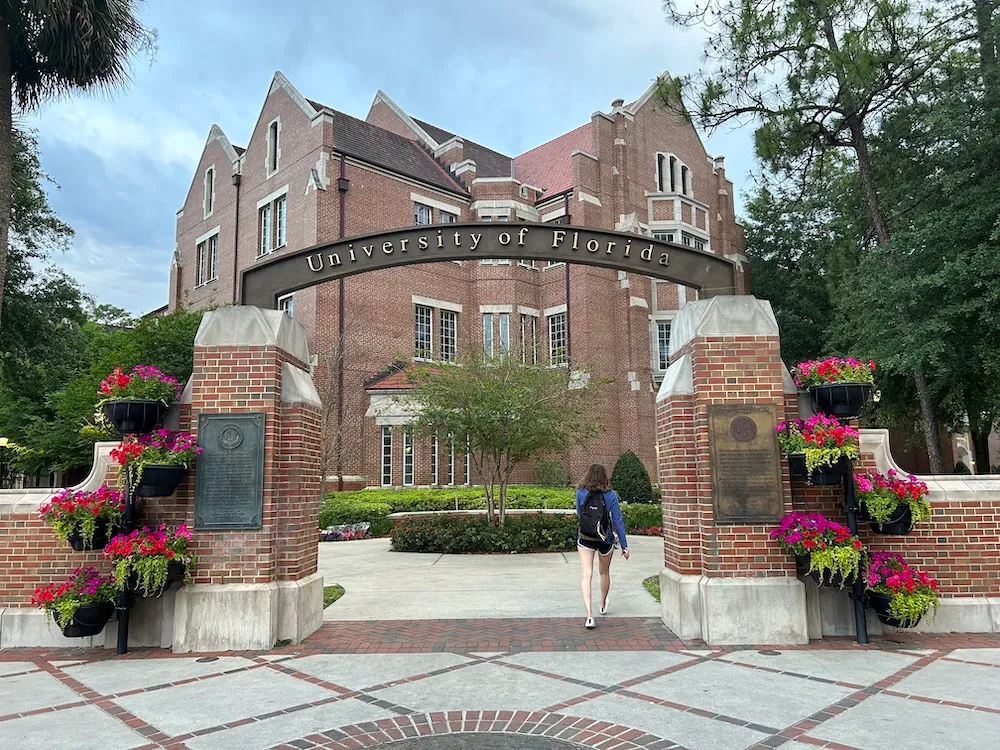“Want a Bachelor’s Degree FAST? These Online Programs Let You Finish in Half the Time!”
Picture this: While your friends are still stuck in their third year of college, you’ve already graduated, landed a better job, and started earning real money. Sounds impossible? Not with today’s accelerated online degree programs!
The truth is, you don’t need to spend 4+ years to get a valuable bachelor’s degree anymore. Many accredited universities now offer fast-track online degrees that let motivated students graduate in as little as 12-24 months – all while working full-time if needed.
In this guide, we’ll show you:
✔ The 7 fastest online bachelor’s degrees available today
✔ How accelerated programs actually work
✔ The secret to graduating faster (without sacrificing quality)
✔ Real schools offering these programs right now
How Fast-Track Degrees Work (The Smart Shortcut)
Traditional bachelor’s degrees take 4+ years because:
- You take unnecessary “filler” courses
- You’re limited by semester schedules
- You can’t test out of subjects you already know
Accelerated online programs fix this by:
✅ Year-round enrollment (no waiting for fall semester)
✅ Credit for work/life experience (save months!)
✅ Condensed 5-8 week courses (not 16-week semesters)
✅ Maximum course loads allowed
Example: At Western Governors University, motivated students average 2.5 years for a full bachelor’s degree.
7 Fastest Online Bachelor’s Degrees (2024 List)

1. Business Administration (12-18 months)
- Why Fast? Flexible curriculum, lots of transfer credits accepted
- Best For: Entrepreneurs, managers, sales professionals
- Top School: University of Phoenix (accelerated 8-week terms)
2. Information Technology (18-24 months)
- Why Fast? Many students already have tech certifications that count
- Best For: IT professionals, career changers
- Top School: WGU (competency-based – finish courses as fast as you can)
3. Healthcare Administration (18 months)
- Why Fast? High demand field with straightforward curriculum
- Best For: Nurses, medical office staff
- Top School: Southern New Hampshire University
4. Criminal Justice (2 years)
- Why Fast? Prior law enforcement training often counts
- Best For: Police, security professionals
- Top School: Liberty University
5. Communications (15-20 months)
- Why Fast? Writing-heavy program good for fast learners
- Best For: Marketing, PR, media professionals
- Top School: Arizona State University
6. Psychology (2 years)
- Why Fast? Many general education credits transfer easily
- Best For: HR, social services, counselors
- Top School: Purdue Global
7. Nursing (RN-to-BSN) (12-15 months)
- Why Fast? For current RNs – builds on existing license
- Best For: Registered nurses
- Top School: Chamberlain University
How to Graduate Even Faster (Pro Tips)

- Take CLEP Tests ($89 exams that can earn you credits)
- Submit a Portfolio (get credit for work experience)
- Go Full-Time (take maximum allowed courses)
- Choose Competency-Based Programs (WGU style – finish when ready)
- Transfer All Possible Credits (even from community college)
Real Example: Sarah earned her business degree in 11 months by transferring credits from community college, testing out of 5 courses, and taking heavy course loads.
FAQs About Fast Online Degrees
❓ Are these degrees respected by employers?
✅ Yes! All listed programs are from regionally accredited universities – the gold standard in U.S. education.
❓ Can I really work full-time while doing this?
✅ Absolutely. Most accelerated students are working adults. The online format lets you study evenings/weekends.
❓ What’s the catch? Why doesn’t everyone do this?
⚠ It requires discipline. You must stay motivated without campus structure. Not ideal for those who procrastinate.
❓ How much do these programs cost?
💰 10,000−10,000−25,000 total – often cheaper than traditional degrees because you finish faster.
❓ Will financial aid cover accelerated programs?
✅ Yes, if the school is accredited. Many offer the same aid as traditional programs.
❓ Can I get into grad school with these degrees?
✅ 100% yes. As long as it’s from an accredited school, grad programs accept them.
3 Key Things to Watch Out For
- Accreditation Matters – Only consider regionally accredited schools
- “Too Good to Be True” Programs – Avoid schools promising degrees in weeks
- Your Own Commitment – These programs move fast – you must keep up
Final Verdict: Who Should Consider This?

Accelerated online degrees are PERFECT for:
✔ Working adults needing a degree for promotion
✔ Career changers who can’t afford 4 years off
✔ Military/veterans using education benefits
✔ Anyone motivated to finish quickly
They’re NOT IDEAL for:
✖ Students who need campus life/social aspects
✖ Those who struggle with self-discipline
✖ People wanting the “traditional college experience”
Next Steps to Start Your Fast Degree
- Pick Your Program from our list above
- Contact the Schools about transfer credits
- Apply for Financial Aid (FAFSA)
- Commit to the Schedule – the faster you go, the sooner you graduate!
Imagine where you could be a year from now – diploma in hand, better job prospects open, and no more student life. The fastest path to your degree starts today!
Have questions? Drop them below and we’ll help you find your perfect fast-track program!


